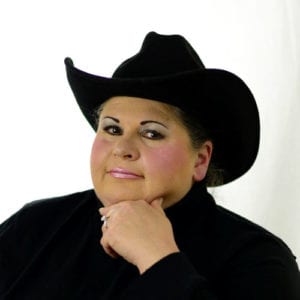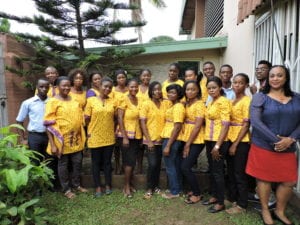 By Kerry Magro, Self-Advocate, National Speaker, and Author
By Kerry Magro, Self-Advocate, National Speaker, and Author
Someone once said that ‘sarcasm is a metric for potential.’ Often at times though this is one of the hardest struggles for those with autism growing up.
A lack of sarcasm is often one of the most common characteristics of struggling with an autism diagnosis along with things such as social and communication issues, difficulties reading body language, using different tones in their voices and many more.
I remember as a young boy on the spectrum in computer class and hearing a joke that I didn’t find funny. It was a sarcastic joke by our teacher and while everyone else in the class laughed I was there completely blank. A girl looked at me after the joke had stopped like I had three heads.
MAR
 By Kerry Magro, Self-Advocate, National Speaker, and Author
By Kerry Magro, Self-Advocate, National Speaker, and Author By Anita Lesko, BSN, RN, MS, CRNA
By Anita Lesko, BSN, RN, MS, CRNA